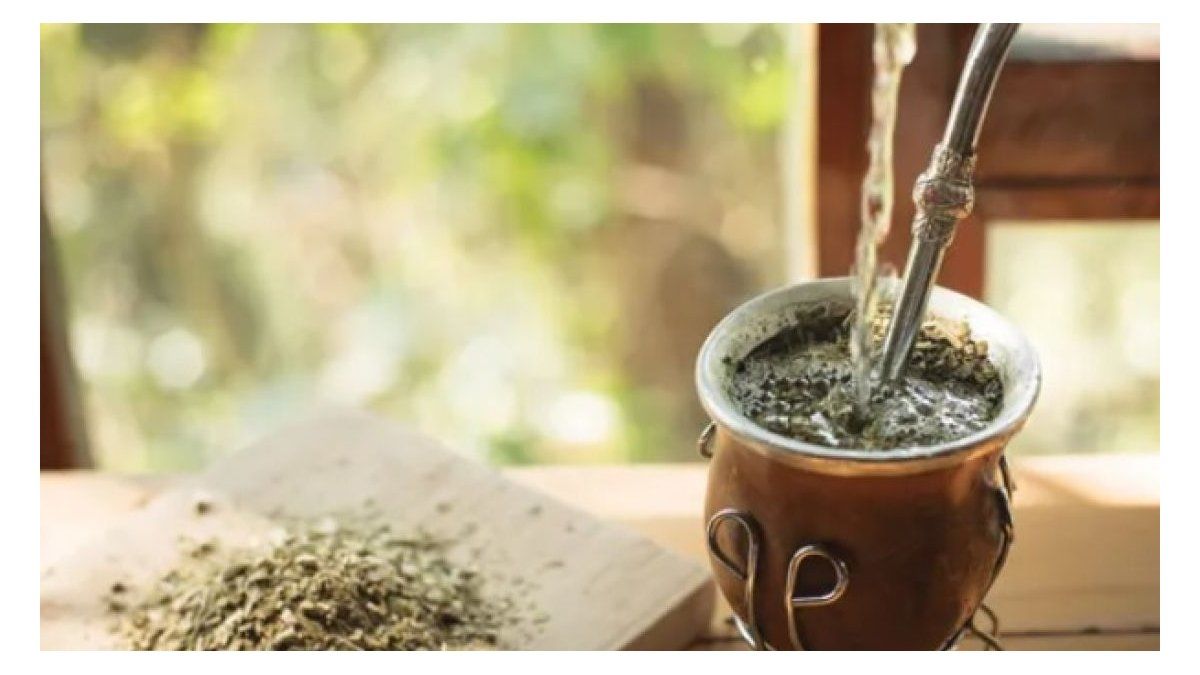Mill output in April 2024 fell by 30%, while in this same month the yerba mate It was selling for $1,980 (half a kilo), in April 2023 its price was $474, in December 2023 it was close to $1,400. This is having a strong impact on consumption if we take into account that inflation levels are still close to 300%.which perhaps this month could go down to 290% but even so, very few joint ventures could beat this level of inflation.
Small producers have been demanding a value per kilo of green leaf of $505 as of April that the industry never endorsed. On the contrary, $370 has been paid since the end of February, that is, the prices paid have practically not moved for 60 days; On the other hand, increases in gasoline, tolls, services and other costs continued their upward trend.
In parallel, another great boom in yerba mate imports from Paraguay and Brazilother complaints from small producers, although the demand for green leaves does not cease, it is clear that depressing the price due to imports and increasing costs is not only an impact on the shelf but also on the producers who lose margins profitability to sustain the business.
Let’s review how things are going in this sector that is so sensitive to Argentines. In the first 4 months of 2024, for its part, imports of more than 5,800 tons were already registered, which would indicate that the imported volume would be higher than that of 2023 and probably similar to the average in 2020 and 2022. It should be remembered that 2020 was the record year for imports, when a total of 30 million kilos were brought or the equivalent of 10% of Argentina’s production. Pandemic year.
Continuing with the analysis of the import boom: in January imports of yerba were 600,000 kilos, in February they rose to 1.39 million kilos and in March to 1.83 million kilos. Doesn’t importing bring other problems? The analyzes showed that the Brazilian weed is overloaded with heavy metals (due to the harvesting system, it is biannual) and the Paraguayan weed is overloaded with Benzopyrenes (smoke residues, due to the drying system).. These are problems that Argentina does not have, and they appear in international analyses.
image.png
On the contrary, exports, since 2007 a large export volume has been recorded. Between 2007 and 2024 in the first 4 months, the year of 2024 was around 12,800 tons, a similar record occurred in 2008; between 2015 and 2023 in the first quarter of each year it was 1,500 tons below the 2024 level.
The question that arises. Even when? Although the province of Misiones reached an agreement with the police, it recently had an agreement with teachers and health personnel. Will it be sustainable over time? Isn’t there another economic variable that will bring everything back to zero? The rates? Should the government postpone the increases again?
In the 1990s, the yerba sector underwent changes, it faced a second deregulation of the sector and the INYM was left without powers to set the value of the raw material or to exercise exhaustive control over shipments of yerba candada from neighboring countries. Free Yerba. These are the consequences of DNU 70/23, which eliminated twice-yearly pricing on green leaves and grass. With an organization that remains headless, a sample of many areas of the national administration.
The result of all this economic policy, accompanied by some embassies and the IMF, is the depopulation of strategic areas of Argentina. Bankruptcy of small producers, large land owners imposing their market law, a State in retreat. A State that only organizes the flow of imports to deliver markets to external businesses.
This week, the cooperative member Seifert told the president: “You were right when you said that the State destroys everything it touches, because with the DNU 70/23 the herbal sector was destroyed”, “With that DNU, the State ‘touched and destroyed’ a sectoral organization that worked, generated solutions, growth, development, stability and social containment in the last 22 years.”
The DNU is still in force. When are the deputies, who claim to represent the people, going to call a session? The cooperative leader’s claim continues: “In addition, a private entity with a public function of self-management, self-control and self-financing was destroyed. “It never had a fiscal cost for the State.”
UBA economist, UNDAV professor
Source: Ambito
David William is a talented author who has made a name for himself in the world of writing. He is a professional author who writes on a wide range of topics, from general interest to opinion news. David is currently working as a writer at 24 hours worlds where he brings his unique perspective and in-depth research to his articles, making them both informative and engaging.




